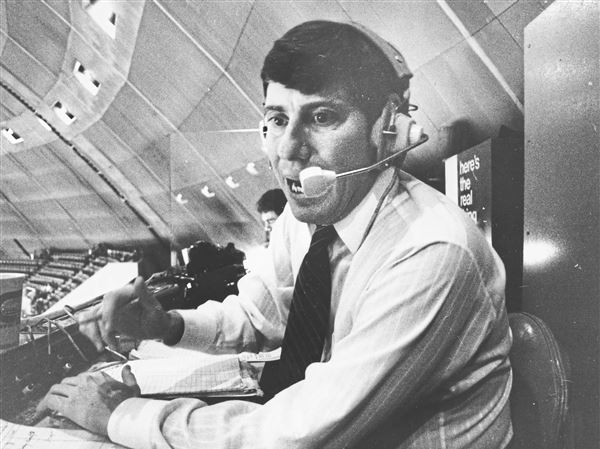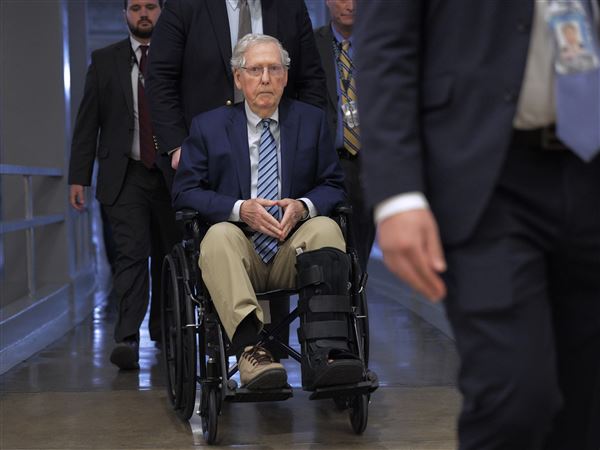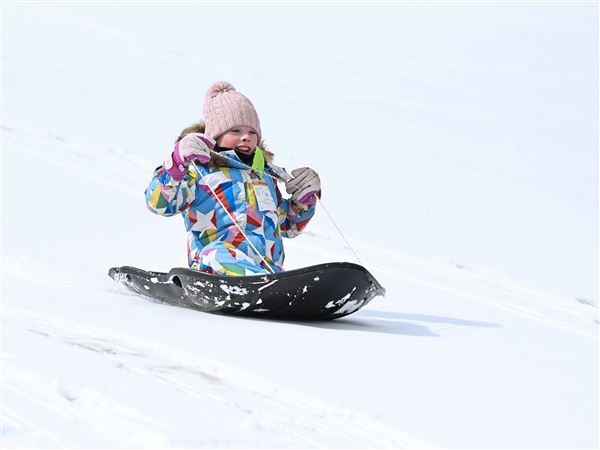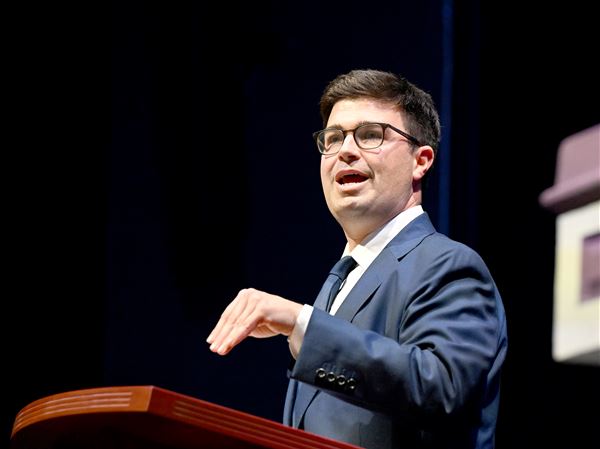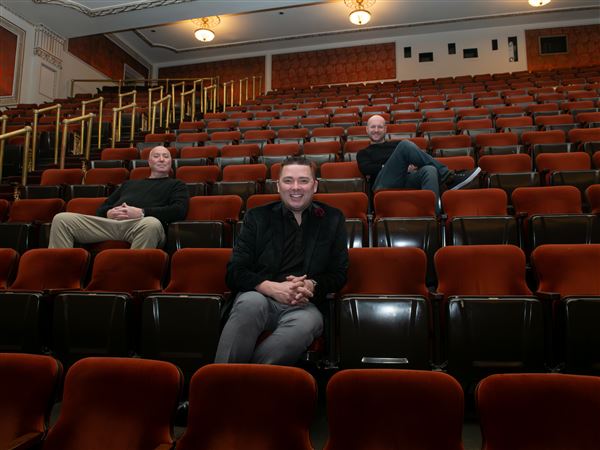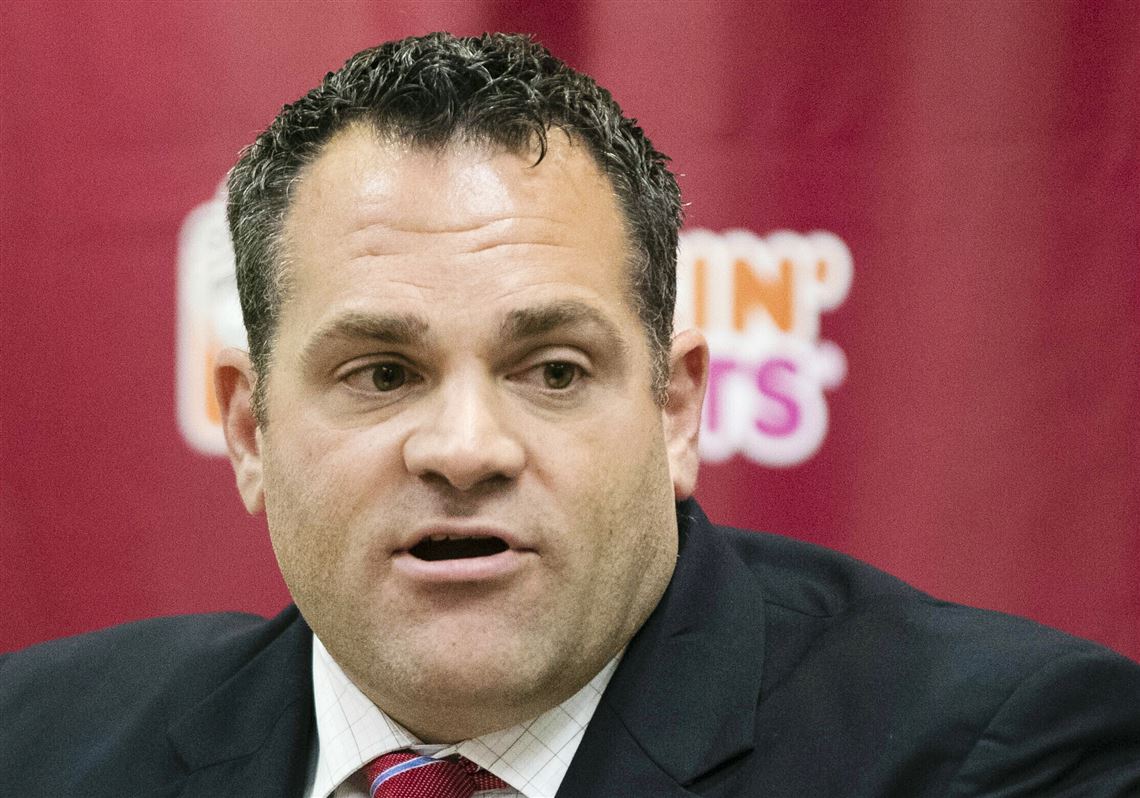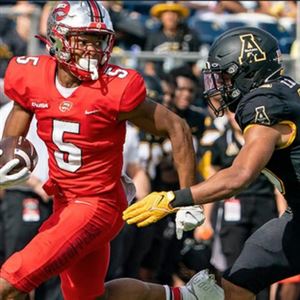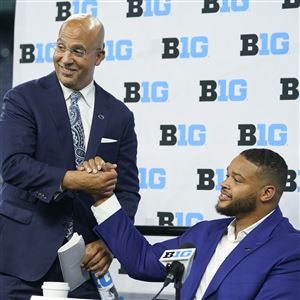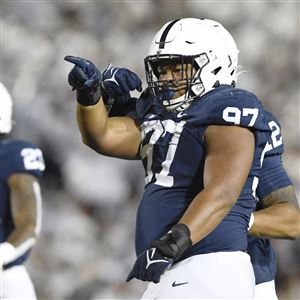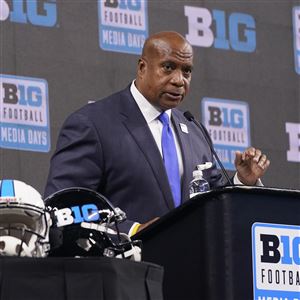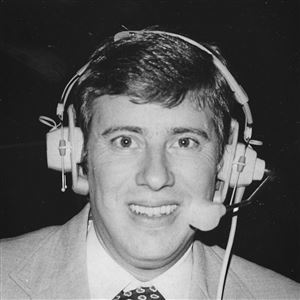INDIANAPOLIS — Patrick Kraft hasn’t even been on the job for a month yet, but that hasn’t slowed his ambition down.
The man tasked with replacing Sandy Barbour as Penn State’s athletic director spoke with reporters Wednesday at Big Ten media days for the first time since his introductory press conference back in April.
Surrounded by media members on the field at Lucas Oil Stadium, Kraft shared his thoughts on a wide array of topics, including the Nittany Lions opening their football season on the road at Purdue, expanding the usage of Beaver Stadium and improving the school’s Olympic sports’ facilities.
Here’s a breakdown of Kraft’s top talking points from Big Ten media days.
No place like home
Rather than kicking off the Big Ten campaign at home, Penn State will head to West Lafayette to take on Purdue in a Thursday night game on Sept. 1. James Franklin noted during his press conference Wednesday his teams have had “pretty good practice over the last nine years of opening the season in the Big Ten on the road,” and he’s not wrong.
Franklin’s ninth season of leading the Nittany Lions will begin with a road Big Ten game, the eighth time they’ve started conference play away from home. The last time Penn State began its conference schedule in the friendly confines of Beaver Stadium came in 2015 in a 28-3 victory against Rutgers.
Upon taking over for Barbour, Kraft learned of this situation from Franklin and was taken aback.
“It stinks. I called the conference office and said this is unacceptable,” Kraft said. “This shouldn’t happen at Penn State. We should be at home for our opener.”
Penn State’s first home game in Big Ten play won’t come until Oct. 1 when the Nittany Lions host Northwestern in their fifth contest of the year. Two of Penn State’s first three games of the year will come on the road, with its home opener against Ohio sandwiched by the Purdue matchup and a road trip down to SEC country to face Auburn.
Less isn’t more
As it stands right now, Beaver Stadium’s usage isn’t exactly on par with that of major venues across the country. While other sports stadiums and arenas across the country are used for concerts and other functions during off-seasons, such is not the case with Penn State’s 107,000-seat stadium.
The last time a major concert was held at Beaver Stadium was in 2017, when country singer Blake Shelton was the headliner of the “Happy Valley Jam.” Since then, it has been reduced to strictly football usage, which Kraft would like to change.
“We’ve got to find other ways to use it,” Kraft said. “That building should be used more than seven days a year, in my opinion.”
Another salient point regarding Beaver Stadium is renovating the structure itself. In 2017, Beaver Stadium was included in a list of nine facilities on campus to be renovated over a 20-year span.
There do not appear to be any immediate plans to renovate Beaver Stadium, but monitoring the structure appears to be on Kraft’s mind.
“If it’s going to fall down, then you’ve got to figure it out,” Kraft said of Beaver Stadium. “We’ll do everything to keep that thing up and running.”
Renovations aplenty
While Beaver Stadium continues to show its age, there are other facilities in need of serious renovation Kraft would like to address immediately.
At the top of that list? Men’s and women’s soccer’s Jeffrey Field.
“They have no bathrooms at their facility, which is unacceptable,” Kraft said of the soccer programs’ home. “Here’s the thing about Penn State: We can win a national championship in everything. We’ve got to provide for the athletes.”
In addition to Beaver Stadium and Jeffrey Field, other Olympic sports structures were listed in the 20-year plan, including the Penn State field hockey complex. Kraft commended field hockey coach Charlene Morett-Curtiss, who led a charge to raise money for the program.
However, he recognizes much work still needs to be done for a number of other programs. He’d like to address these remaining facilities within the next 12 to 24 months, as well as make it easier for Olympic sports teams to travel for road games.
Kraft voiced his displeasure with the reality many teams currently drive to Baltimore before flying out for road contests, saying it can no longer be an excuse that flying out of State College is hard. Citing these travel accommodations as a “competitive disadvantage,” it’s clear Kraft intends to overhaul the status quo for Olympic sports at Penn State.
“Our Olympic facilities are way behind,” Kraft said. “We’ve got to focus on our Olympic facilities.”
Andrew Destin: adestin@post-gazette.com and Twitter @AndrewDestin1
First Published: July 27, 2022, 9:29 p.m.
